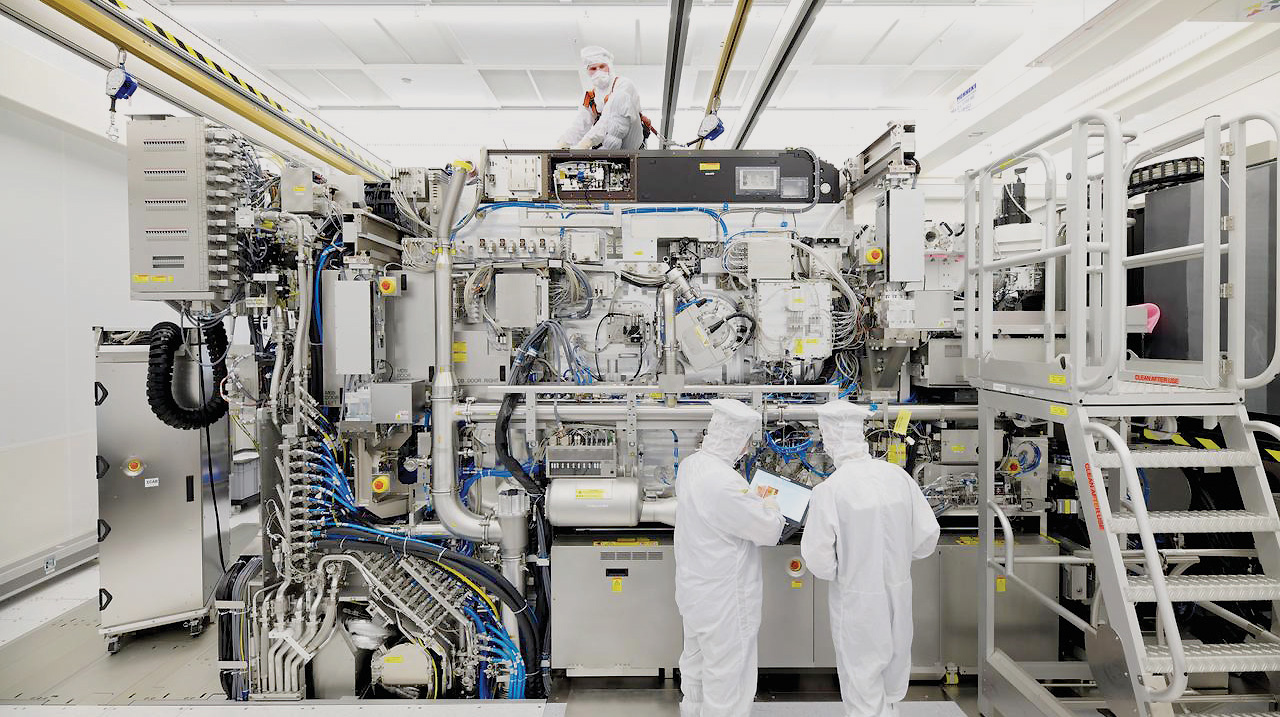

WASHINGTON/AMSTERDAM: The United States mounted an extensive campaign to block the sale of Dutch chip manufacturing technology to China, with Secretary of State Mike Pompeo lobbying the Netherlands government and White House officials sharing a classified intelligence report with the country’s Prime Minister, people familiar with the effort said.
The high-level push, which has not previously been reported, demonstrates the importance the White House places on preventing China from getting hold of a machine required to make the world’s fastest microprocessors. It also shows the challenges facing the US government’s largely unilateral efforts to stem the flow of advanced technology to China.
The US campaign began in 2018, after the Dutch government gave semiconductor equipment company ASML, the global leader in a critical chip-making process known as lithography, a license to sell its most advanced machine to a Chinese customer, two sources familiar with the matter said.
Over the following months, US officials examined whether they could block the sale outright and held at least four rounds of talks with Dutch officials, three sources said.
The effort culminated in the White House on July 18 when Deputy National Security Advisor Charles Kupperman raised the issue with Dutch officials during the visit of Netherlands Prime Minister Mark Rutte, who was given an intelligence report on the potential repercussions of China acquiring ASML’s technology, according to a former US government official familiar with the matter.
The pressure appears to have worked. Shortly after the White House visit, the Dutch government decided not to renew ASML’s export license, and the $150 million machine has not been shipped.
Ilse van Oevering, a spokeswoman for Rutte’s office, declined comment, saying the government cannot discuss individual licensing cases.
The delayed shipment was first reported on November 6 by the Nikkei Asian Review, but details of the US pressure campaign have not previously been disclosed. ASML said it is still awaiting approval of a new license request and declined further comment.
ASML has never publicly disclosed the identity of the Chinese customer, but Nikkei and others have reported that it is Semiconductor Manufacturing International Corp (SMIC), China’s biggest chip-making specialist. SMIC did not reply to a request for a comment.
The ASML machine uses extreme ultraviolet (EUV) light beams, generated by lasers and focused by giant mirrors, to lay out extraordinarily narrow circuits on slabs of silicon known as wafers. That in turn makes it possible to create faster and more powerful microprocessors, memory chips and other advanced components, which are critical for consumer electronics and military applications alike.
Only a few companies, including America’s Intel Corp, South Korea’s Samsung Electronics and Taiwan’s TSMC, are currently capable of manufacturing the most sophisticated chips. But China has made catching up to those companies in chip-making technology a key national priority and is investing tens of billions of dollars in the effort. — Reuters
Oman Observer is now on the WhatsApp channel. Click here



